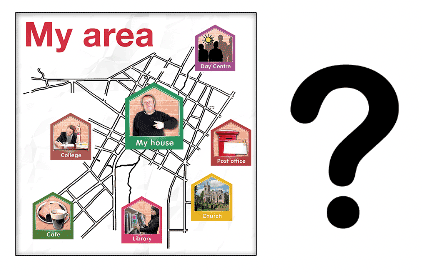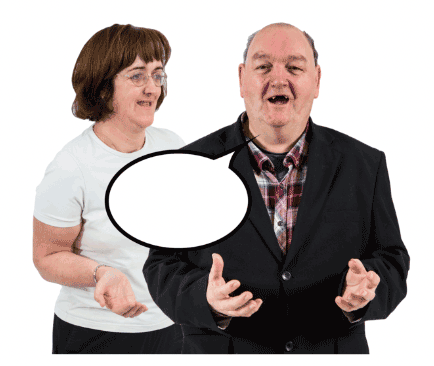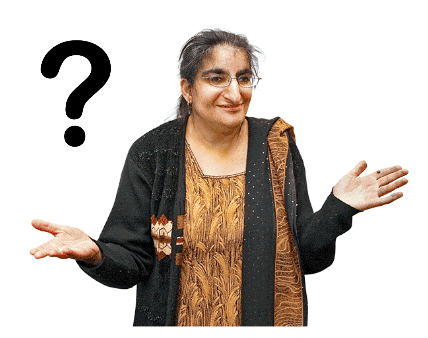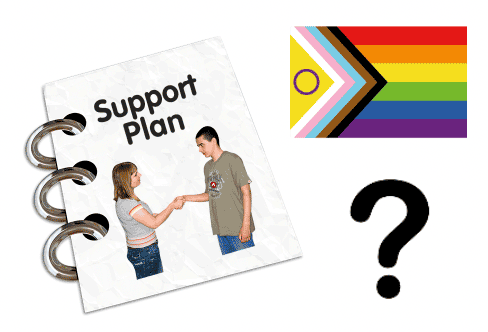National Care Service - making sure your voice is heard: seldom heard voices co-design findings - easy read
We have been working with organisations who support people from groups and communities who often have barriers to engaging with government. We wanted to engage with these groups as they have not been as involved as other groups in our previous co-design work.
What people told us about accessing support planning
1. Some people we spoke to do not always trust social care services.

This was especially true for people who had experience of homelessness.

Lots of people said they trust GPs to help them access medical and social care support. But it could take a long time to get a GP appointment.

Some groups of people, especially homeless people, find it difficult to register at GP practices. This can stop people getting the support they need.

Community link workers are important as they are trusted by people.

Some people feel forced into residential care. This can cause longer term harm, like worse mental health.

Some people with experience of homelessness worried about speaking with professionals. They felt they could lose their housing or benefits.

How we will use this
We will think about how to deliver support services that people trust.

We will also think about how trust affects other areas like independent advocacy and complaints

2. Diverse groups do not think their needs are understood. This makes it hard for them to access social care support.

People said that social care support can be hard to access for the Gypsy and Traveller community or homeless people. Part of this is because of lack of understanding.

People also said there is a lack of understanding about transgender people. Respecting people’s gender choices is important for their care and support.

People’s preferences should be included in assessments, care planning and complaints processes.

A lack of support in housing services can lead to bad health.

Services need to be flexible to help different people.

How we will use this
We will look at how people’s identities can be part of their support plans in the National Care Service.

This will include training for staff. We will also think about how this impacts our plans for independent advocacy and complaints.

Contact
Email: NCScommunications@gov.scot
There is a problem
Thanks for your feedback